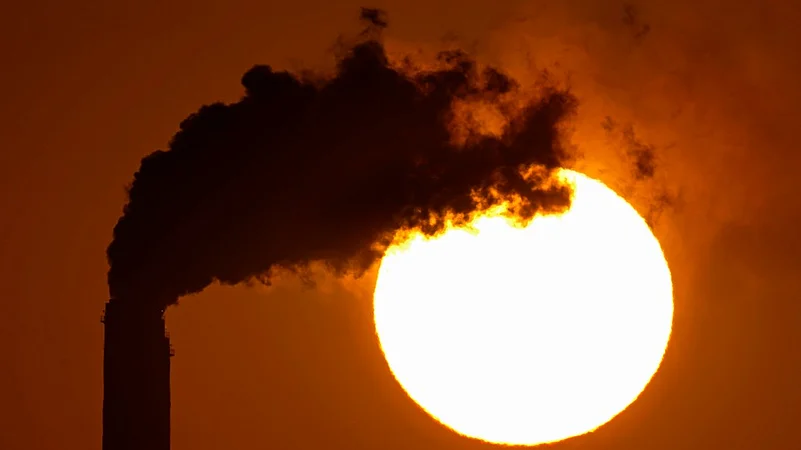Nine states have entered into an agreement aimed at boosting the sales of heat pumps, with a memorandum of understanding (MOU) setting ambitious targets for their adoption in residential heating, cooling, and water heating equipment sales by 2030 and 2040.
The MOU targets a goal of 65 percent of residential heating, cooling, and water heating equipment sales to be heat pumps by 2030, increasing to 90 percent by 2040. Heat pumps are recognized as more energy-efficient alternatives to traditional heating and cooling systems, with the added advantage of being able to run on renewable energy sources like wind and solar power.
The states involved in the agreement include California, Colorado, Maine, Maryland, Massachusetts, New Jersey, New York, Oregon, and Rhode Island. The move comes as part of a broader effort to combat climate change and reduce greenhouse gas emissions.
The MOU emphasizes a commitment to directing at least 40 percent of new investments in efficiency and electrification upgrades for residential buildings towards low-income households and disadvantaged communities
A key aspect of the MOU is the development of an "action plan" to support widespread electrification of residential buildings, aiming to create zero-emission buildings. This initiative responds to challenges faced by state and local governments in implementing bans on new gas hookups, which have faced opposition from the fossil fuel industry.
Buildings are identified as a significant source of pollution, contributing over a third of energy-related greenhouse gas emissions globally. Fossil fuel combustion in buildings also generates substantial amounts of smog-forming nitrogen oxide (NOx) emissions.
Serena McIlwain, Maryland secretary of environment, highlighted the importance of heat pumps and building electrification for healthier homes and a sustainable green economy, noting the growing momentum behind their adoption.
This agreement aligns with broader efforts to incentivize the use of heat pumps. President Joe Biden invoked the Defense Production Act in 2022 to boost domestic production of clean energy technologies, including heat pumps. The trend towards heat pump adoption has been on the rise, with residential heat pumps surpassing gas furnace sales in 2022.



























